Sweden is becoming a surveillance state – and almost no one objects

There was a time when Swedish institutions were built on trust. The Migration Agency helped newcomers settle, the Employment Service linked people to work, and unemployment insurance served as a safety net for those suddenly left without a job.
Today, each has been recast as an instrument of control: checking whether migrants integrate themselves, verifying that job seekers apply for enough positions, and policing the unemployed to ensure they have no income.
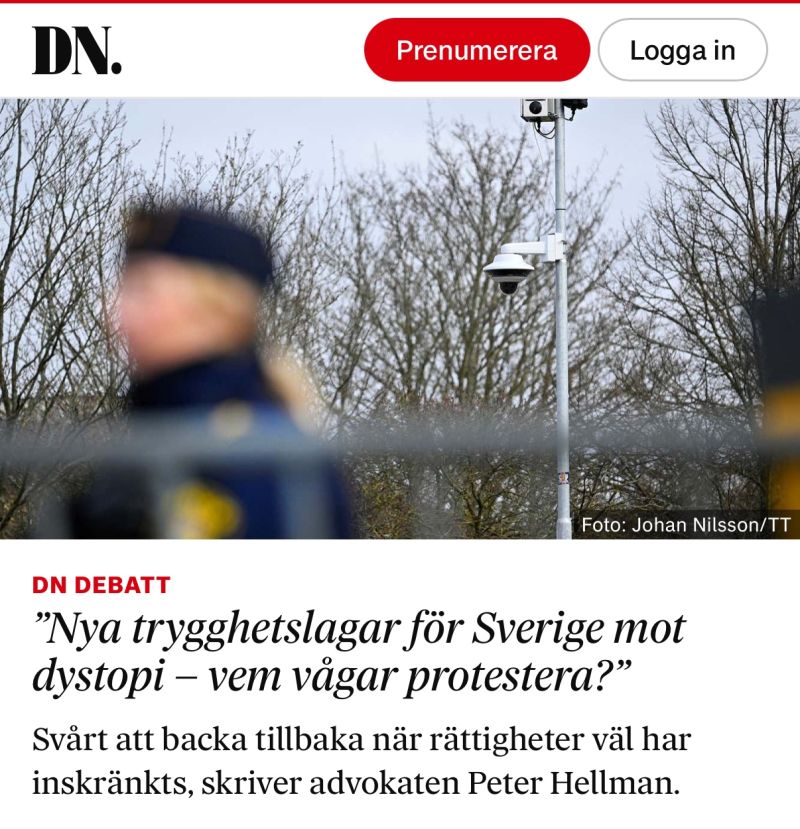
From support to suspicion: the plight of NGOs
Even civil society, once celebrated as the beating heart of democracy, is being squeezed.
As Fredrik Engström, Partner and Manager at Engström & Hellman law firm, warns:
"A harsher, less trust-based climate means a growing share of resources go into unnecessary controls. We also see well-functioning organisations denied grants or hit with clawbacks over trivial mistakes."
His colleague Peter Hellman, Partner at Engström & Hellman law firm, highlights:
"What do we do when the climate hardens for civil society – and can the law provide a solution?"
He points to Sida’s new rules that are crippling aid groups, while the Swedish Agency for Youth and Civil Society (MUCF) has tightened requirements in ways that, he argues, conflict with the law. Local authorities are following suit, issuing questionable clawbacks without dialogue.
"A clawback on already-spent funds can devastate an association. Many are now left wondering how they will survive."
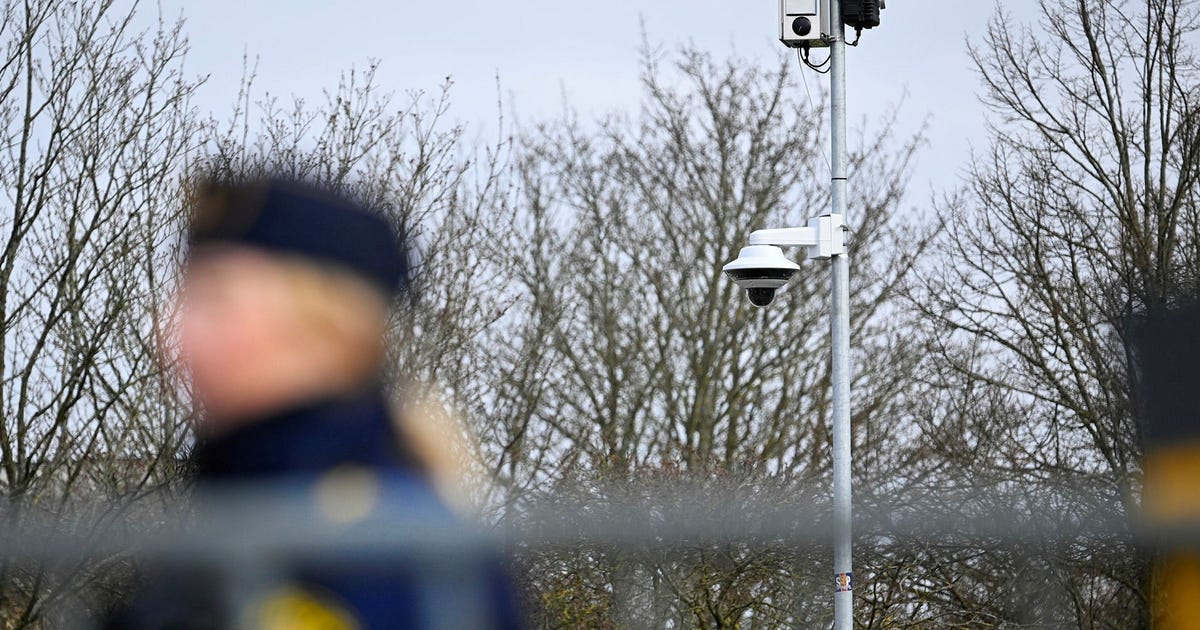
Rights eroded by degrees
The logic of control extends far beyond NGOs. Children may soon be fitted with electronic ankle tags, while police have been granted sweeping new powers to wiretap minors under 15 – even without criminal suspicion. Drone surveillance, once the stuff of dystopian fiction, is being normalised.
It even reaches the classroom. Swedish high-school students can lose their study allowance from CSN for as little as four hours of unauthorised absence in a month; in 2024/25 alone, more than 39,000 students lost their grants. From August 2026, teachers will also be required to confiscate mobile phones during lessons.
What begins as “accountability” in school becomes a lesson in suspicion: even teenagers are taught that their lives will be monitored, measured, and sanctioned by the state.
Meanwhile, criticism of encrypted communication tools, such as Signal, reveals the cultural stigma growing around privacy itself.
As journalist Emanuel Karlsten notes, Sweden’s national police chief even suggested parents should call the police if they saw the app on their child’s phone – despite it being used by the Swedish Armed Forces, the European Commission and the European Parliament. Karlsten says:
"The police chief seriously says that if you see the Signal app on your child's phone you should call the police. [...] How did we end up here? Signal is used by the Swedish Armed Forces, by the European Commission and European Parliament. Are they all to be reported to the police?"
This suggestion crystallises the expanding cultural stigma against privacy-focused tools.
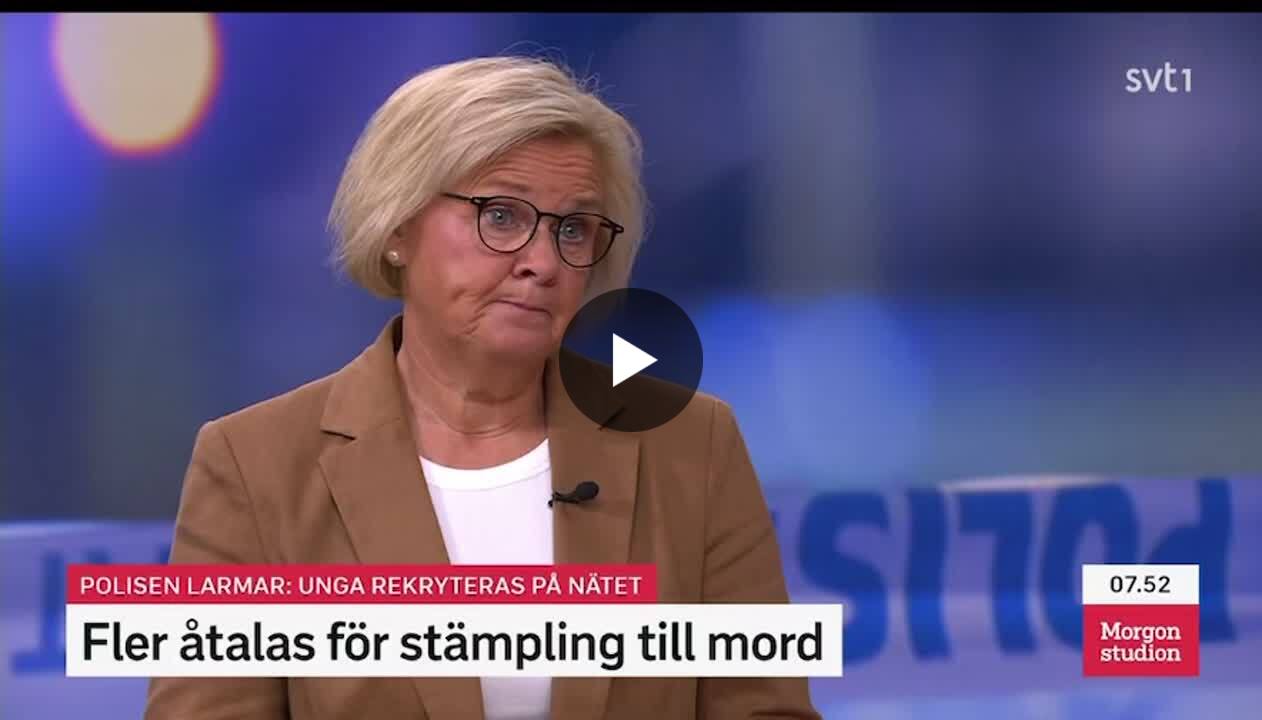
At the same time, freedom of expression is shrinking. Sweden has reintroduced the offence of insulting a public official. Within months, more than 170 police reports had already been filed. As lawyer Hellman points out via Altinget:
"The ability to insult those in power has always been a crucial part of democratic oversight. Protest, satire and sharp words are how citizens make their voices heard."
Meanwhile, Gen Z is overthrowing the parliament in Nepal due to the ban of social media.
Property forfeiture without conviction
On another front, recent developments demonstrate how rapidly public trust in property rights can be tested.
A villa just outside Helsingborg now stands as one of the first properties threatened with forfeiture under Sweden’s new self-standing forfeiture law.
Taken by the state without conviction, only by suspicion.

Parliament itself in the crosshairs
Most alarming of all are proposals to let the government bypass parliament in so-called "serious crises in peacetime."
Together with lawyer Sofia Jannati, Hellman warned in Göteborgs-Posten:
"This represents a dramatic shift in Sweden’s constitutional order in peacetime, carrying serious risks of abuse. In several other countries, governments have already defined crises as ‘permanent’ to rule by decree and circumvent parliament. Do we want to risk that in Sweden? No, a constitutional system cannot rest on the assumption that all future governments will act honourably and with restraint. The rule of law exists precisely to prevent abuse in difficult times. Perhaps a referendum is needed to awaken the public to the gravity of this proposal – and before it is carried out, such a referendum would be the decent course. This is about hollowing out popular rule."
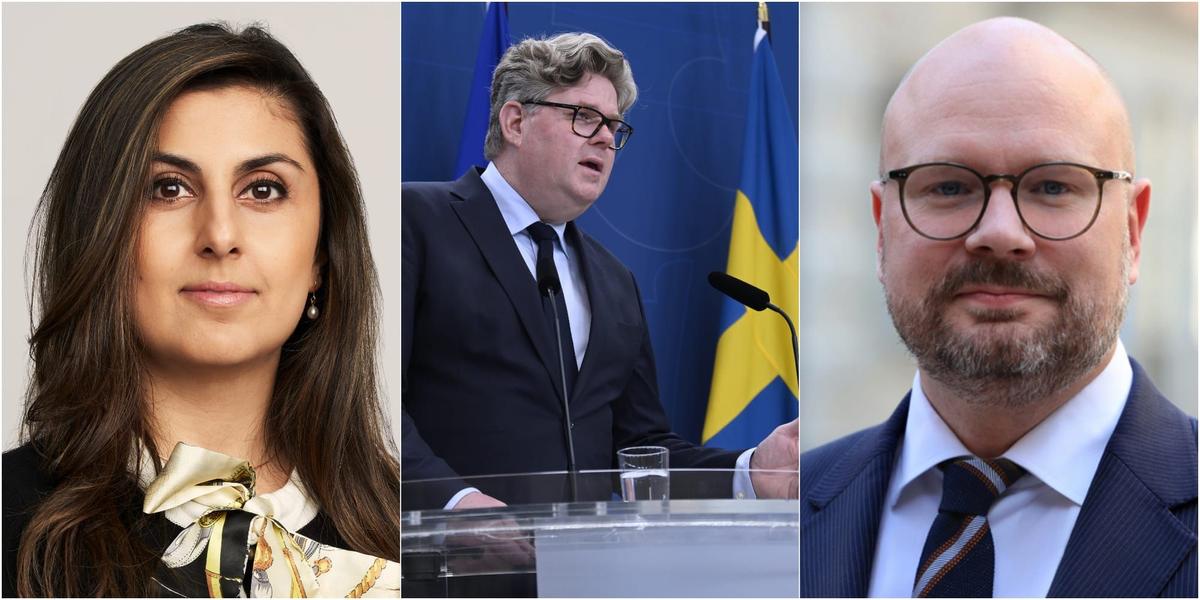
A shrinking space, a silent public
Taken together, these measures form a pattern: expanding surveillance, criminalising dissent, weakening civil society, and sidelining parliament.
Trust – the foundation of Sweden’s democracy – is being replaced by suspicion. Replaced by surveillance.
And yet, where is the outcry? Where is the public anger as rights are eroded in plain sight?
Where is the outrage shown in South Korea, when President Yoon Suk Yeol’s attempt to impose martial law and bypass parliament in December 2024 was met with mass protests, parliamentary defiance and immediate reversal within hours.
Perhaps this is the greatest danger: not the laws themselves, but our quiet acceptance of them.
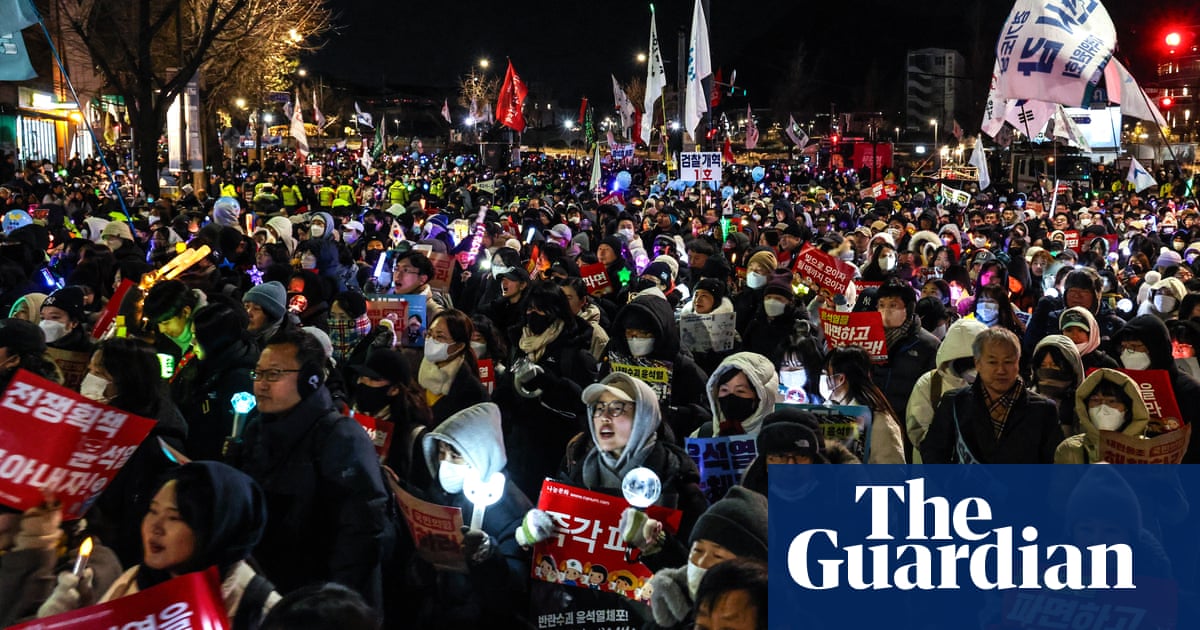
The question we must dare to ask
Do we truly want a society where every action is tracked, where civil society lives in fear of clawbacks, where children grow up assuming surveillance is normal, and where parliament itself can be set aside?
Or do we still believe in a Sweden built on dignity, trust and freedom?
Because once these rights are gone, they will be almost impossible to reclaim.





